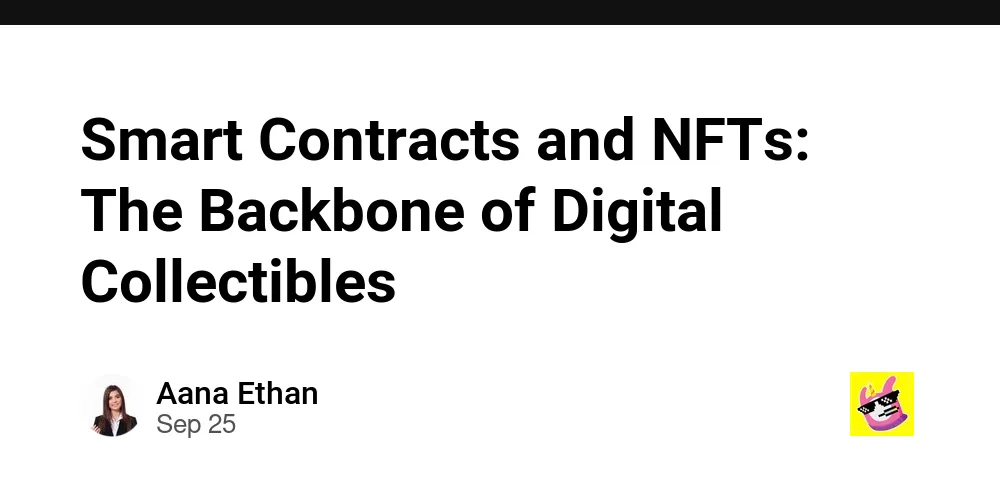In the rapidly evolving landscape of blockchain and decentralized technologies, Decentralized Autonomous Organizations (DAOs) stand out as innovative structures that promise to revolutionize governance, decision-making, and collaboration. In this article, we embark on a deep dive into the world of DAOs, exploring their foundations, functionalities, and the transformative impact they have on various industries.

Understanding DAOs:
A Decentralized Autonomous Organization, or DAO, is an organization represented by rules encoded as a computer program that is transparent, controlled by organization members, and not influenced by a central government. Essentially, DAOs are entities that operate on blockchain technology, executing actions and making decisions through smart contracts.

Smart Contracts as the Backbone:
At the core of DAOs are smart contracts, self-executing contracts with the terms of the agreement directly written into code. These contracts encode the rules and functionalities of the DAO, governing how it operates, how decisions are made, and how resources are allocated. Smart contracts enable trustless and transparent interactions within the organization.
Decentralized Decision-Making:
DAOs empower participants to make decisions collectively in a decentralized manner. Voting mechanisms, often based on token ownership, allow members to influence the direction of the organization. This decentralized decision-making process ensures that no single entity or individual has undue control, promoting fairness and inclusivity.

Tokenomics and Governance Tokens:
Tokens play a pivotal role in DAOs, serving both as a representation of ownership and as a means of participating in governance. Governance tokens grant holders the right to propose and vote on decisions within the DAO. Tokenomics, the economic model of the DAO, dictates how tokens are distributed, used, and staked to influence decision-making.

Use Cases Across Industries:
DAOs have found applications across various industries, including finance, art, governance, and more. In the financial sector, DAOs facilitate decentralized finance (DeFi) protocols, enabling lending, borrowing, and trading without traditional intermediaries. In the art world, DAOs are used to collectively own and manage digital or physical art pieces. The versatility of DAOs makes them adaptable to a wide range of collaborative endeavors.
Challenges and Risks:
Despite their potential, DAOs are not without challenges. Security vulnerabilities, legal considerations, and the potential for manipulation are important factors that need careful attention. High-profile incidents, such as the infamous “The DAO” hack in 2016, have raised awareness about the need for robust security measures and risk mitigation strategies.
Evolution and Future Prospects:
The concept of DAOs is continuously evolving, with ongoing experimentation and innovation in the blockchain space. New governance models, tokenomics structures, and mechanisms for DAOs are being explored. The future prospects of DAOs include increased mainstream adoption, integration with emerging technologies like decentralized identity, and further exploration of their potential in global governance.
Community and Collaboration:
At the heart of DAOs is the concept of community and collaboration. These entities thrive on active participation, transparency, and a shared vision among members. DAOs exemplify the power of decentralized collaboration, fostering a sense of ownership and inclusivity among participants.
Conclusion:
Decentralized Autonomous Organizations represent a groundbreaking paradigm in organizational structure and governance. As technology advances and the blockchain ecosystem matures, DAOs are poised to play a transformative role in various industries, unlocking new possibilities for decentralized collaboration and decision-making. While challenges exist, the potential benefits of DAOs in fostering trust, transparency, and inclusivity make them a captivating force in the ongoing evolution of decentralized technologies.


